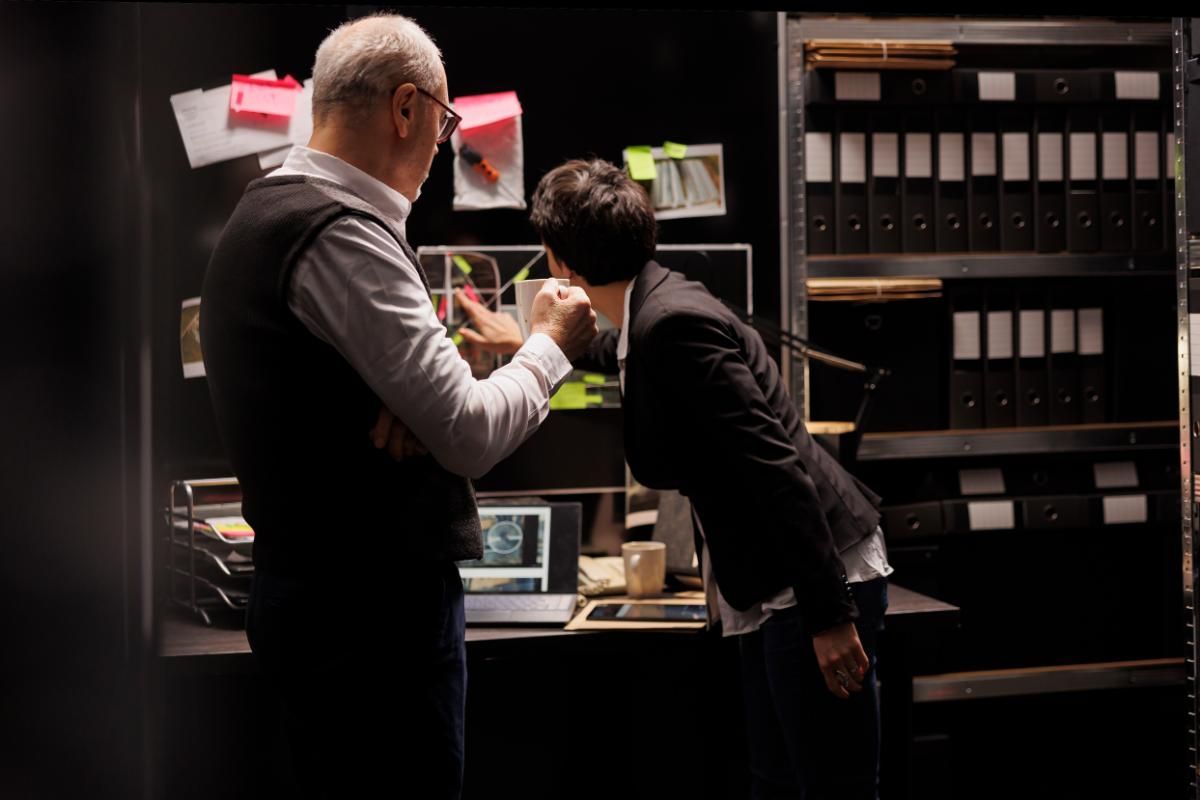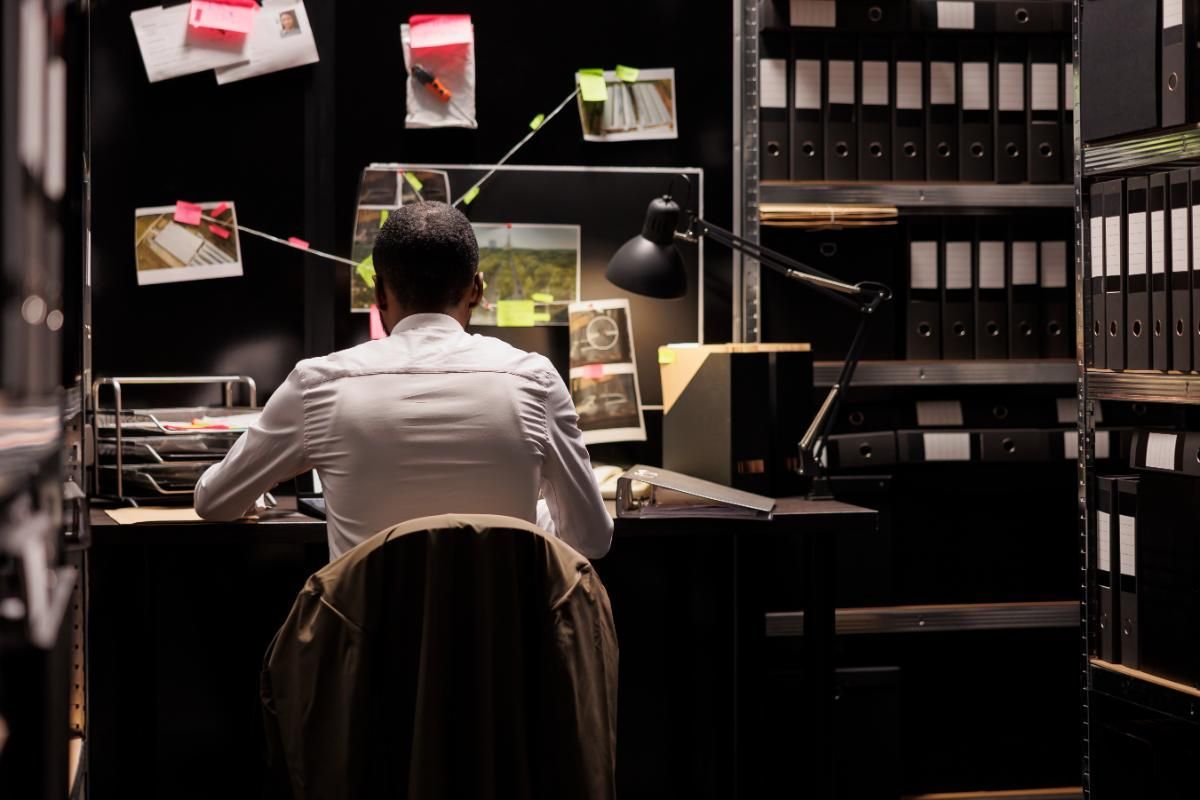When Is It Legal to Use Surveillance? Sydney Laws Explained
Surveillance is everywhere—security cameras watch over public spaces, businesses monitor employees, and individuals install home CCTV systems for protection. In an increasingly digital world, tracking, recording, and observing have become routine. However, just because surveillance technology is accessible does not mean it can be used freely.
In Sydney, strict laws regulate when and how surveillance can be conducted to prevent privacy violations and misuse. Whether it involves CCTV, audio recordings, workplace monitoring, or GPS tracking, failing to follow legal guidelines can lead to serious penalties. Understanding when it is legal to use surveillance is essential for individuals, businesses, and legal professionals to ensure compliance with the law while protecting personal rights and security.
Legal Framework Governing Surveillance in Sydney
Privacy Laws and Surveillance Regulations
Surveillance in Sydney is primarily governed by the Surveillance Devices Act 2007 (NSW) and the Privacy and Personal Information Protection Act 1998 (NSW). These laws outline the conditions under which it is legal to use surveillance and prohibit the unauthorized use of listening, tracking, or optical surveillance devices without consent.
At the federal level, the Telecommunications (Interception and Access) Act 1979 regulates the monitoring and recording of telecommunications, such as phone calls and online communications. Unauthorized interception of conversations or digital data can result in severe penalties, including imprisonment.
Penalties for illegal surveillance vary depending on the nature of the offense. Fines for individuals can reach tens of thousands of dollars, and in serious cases, offenders may face jail time. Businesses caught breaching surveillance laws may also face lawsuits, regulatory action, and reputational damage.
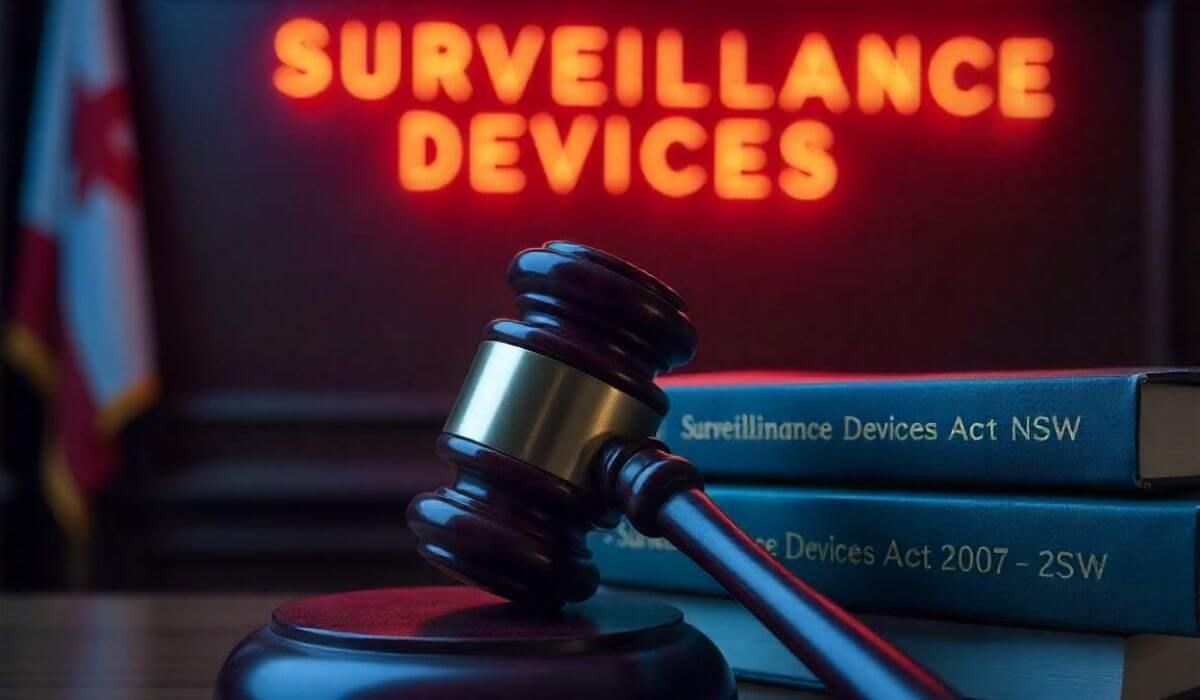
When Is It Legal to Use Surveillance?
Consent and Legality in Different Surveillance Methods
One of the key principles in surveillance law is consent. In most cases, individuals must be informed that they are being recorded or monitored. This applies to both video and audio surveillance, with some exceptions for law enforcement and security purposes.
The law also differentiates between public and private spaces. While security cameras in public areas, such as shopping centers or train stations, are generally legal to use surveillance, installing surveillance devices in private places like homes, bathrooms, or hotel rooms without consent is prohibited.
The distinction between covert and overt surveillance is also important. Overt surveillance refers to visible and clearly communicated monitoring, such as CCTV cameras in businesses with proper signage. Covert surveillance, where individuals are recorded without their knowledge, is often illegal unless conducted by law enforcement under a warrant or in specific investigative circumstances.
Types of Surveillance and Their Legal Use in Sydney
CCTV Surveillance in Public and Private Spaces
CCTV cameras are commonly used for security purposes, but their installation and operation must comply with legal surveillance requirements.
- Public CCTV Systems: Government authorities install surveillance cameras in public areas for security rather than personal monitoring.
- Private CCTV Cameras: Homeowners and businesses can install CCTV, but they must avoid recording areas outside their property.
- Notification Requirements: Businesses using CCTV must display clear signage informing customers and employees that they are being recorded.
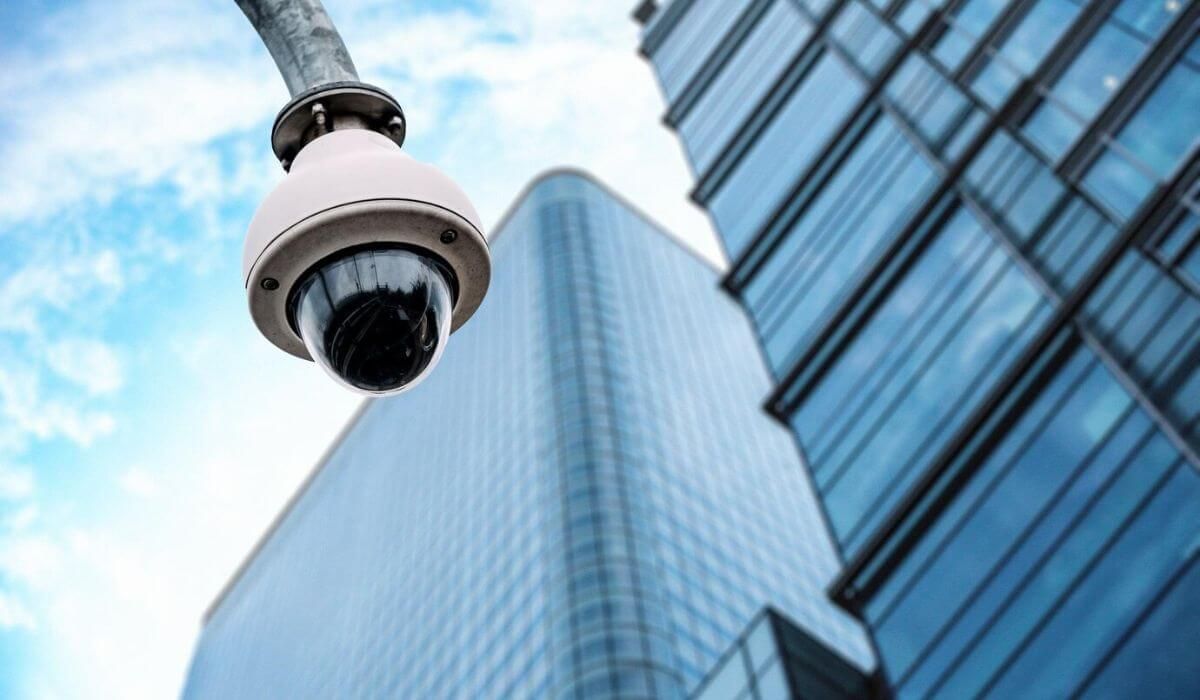
Audio Recording and Phone Surveillance
The laws surrounding audio surveillance are stricter than video surveillance.
- Recording Conversations: In New South Wales, it is illegal to record a private conversation without the consent of all parties involved, except in specific law enforcement investigations.
- Phone Call Monitoring: Employers may monitor business-related calls with employee consent, but personal calls should not be recorded without authorization.
Workplace Surveillance: Employee Monitoring Laws
Employers in Sydney have the right to monitor their workplaces, but they must adhere to the Workplace Surveillance Act 2005 (NSW).
- Computer and Email Monitoring: Employers can track employee activity on work devices but must notify staff beforehand.
- Camera Surveillance in Offices: Security cameras may be installed but should not be placed in areas such as bathrooms or breakrooms.
- Tracking Company Vehicles: GPS tracking of company vehicles is legal to use surveillance, but employees must be informed in advance.
Surveillance in Residential and Rental Properties
Privacy rights extend to rental properties and shared living spaces.
- Tenants and Landlords: A landlord cannot install cameras inside a rental property without the tenant’s consent.
- Recording in Shared Spaces: Surveillance in apartment complexes must comply with strata laws and privacy regulations.
Use of GPS Tracking and Digital Surveillance
GPS tracking has legal restrictions depending on who is being monitored.
- Tracking Employees and Partners: Businesses can use GPS tracking on company vehicles, but tracking employees' personal movements is not legal to use surveillance.
- Digital and Online Surveillance: Collecting personal data through online surveillance tools must comply with cybersecurity and privacy laws. Unauthorized hacking or spyware use is illegal.
Exceptions and Situations Where Surveillance Is Allowed
Law Enforcement and Legal Investigations
Police and government agencies have broader powers when conducting legal surveillance for criminal investigations.
- Surveillance Devices Warrants: Law enforcement officers can obtain warrants to conduct covert surveillance.
- Private Investigators and Legal Cases: Private investigators may conduct surveillance in legal proceedings but must follow the law.
Self-Protection and Crime Prevention
Individuals have a right to use surveillance for personal safety and security.
- Home Security Systems: Installing CCTV at home to deter crime is legal to use surveillance if it does not invade neighbors’ privacy.
- Using Surveillance Footage as Evidence: Video recordings can be used in court if obtained legally.
Business and Commercial Surveillance Regulations
Retail stores, banks, and other businesses must comply with regulations when using surveillance systems.
- Recording Customers and Employees: Businesses must notify individuals if they are being recorded.
- Ensuring Compliance: Failure to comply can lead to fines and lawsuits.
Consequences of Illegal Surveillance in Sydney
Legal Penalties and Fines for Breaching Surveillance Laws
Unauthorized surveillance can lead to significant legal repercussions.
- Fines and Criminal Charges: Individuals convicted of illegal surveillance may face hefty fines and imprisonment.
- Civil Lawsuits: Victims of privacy violations can sue for damages.
Privacy Complaints and Legal Actions
- Filing a Complaint: Individuals who believe their privacy has been breached can report the issue to the NSW Privacy Commissioner.
- Court Proceedings: Courts take privacy violations seriously, and repeated offenses can result in stricter penalties.
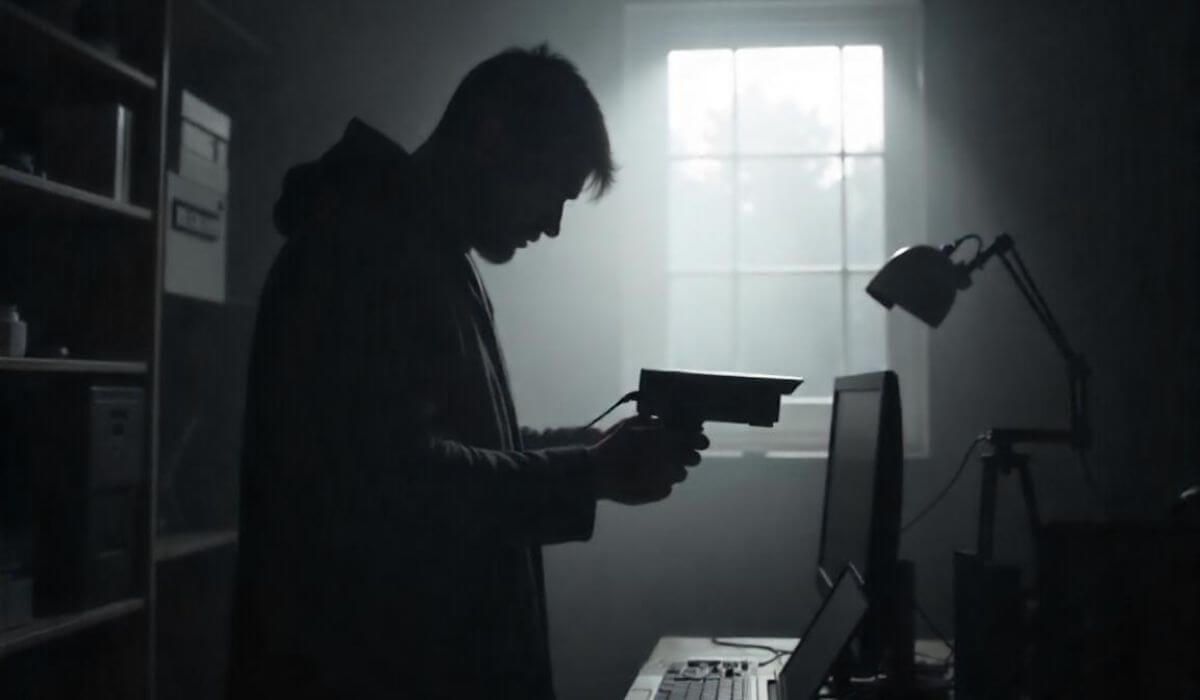
Surveillance laws in Sydney are designed to balance security and privacy. While businesses, individuals, and law enforcement agencies can use surveillance within legal limits, unauthorized monitoring, recording, or tracking can result in serious penalties.
Whether installing CCTV, recording conversations, or tracking individuals, understanding when it is legal to use surveillance is crucial. Compliance ensures that surveillance remains a tool for safety and justice rather than a violation of privacy rights.
